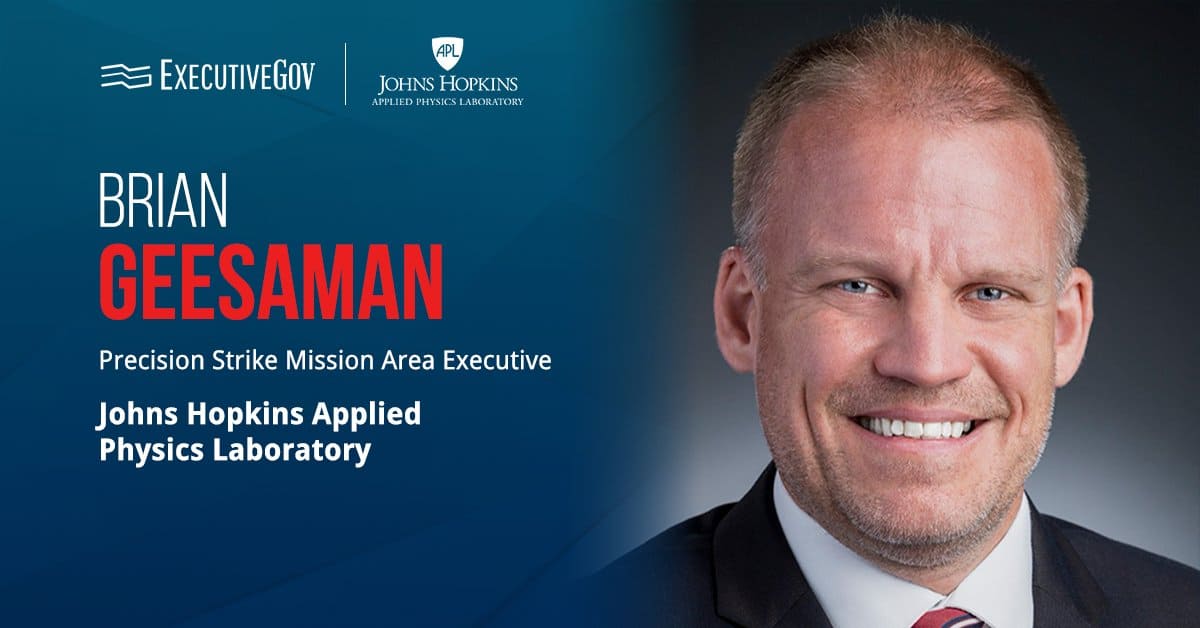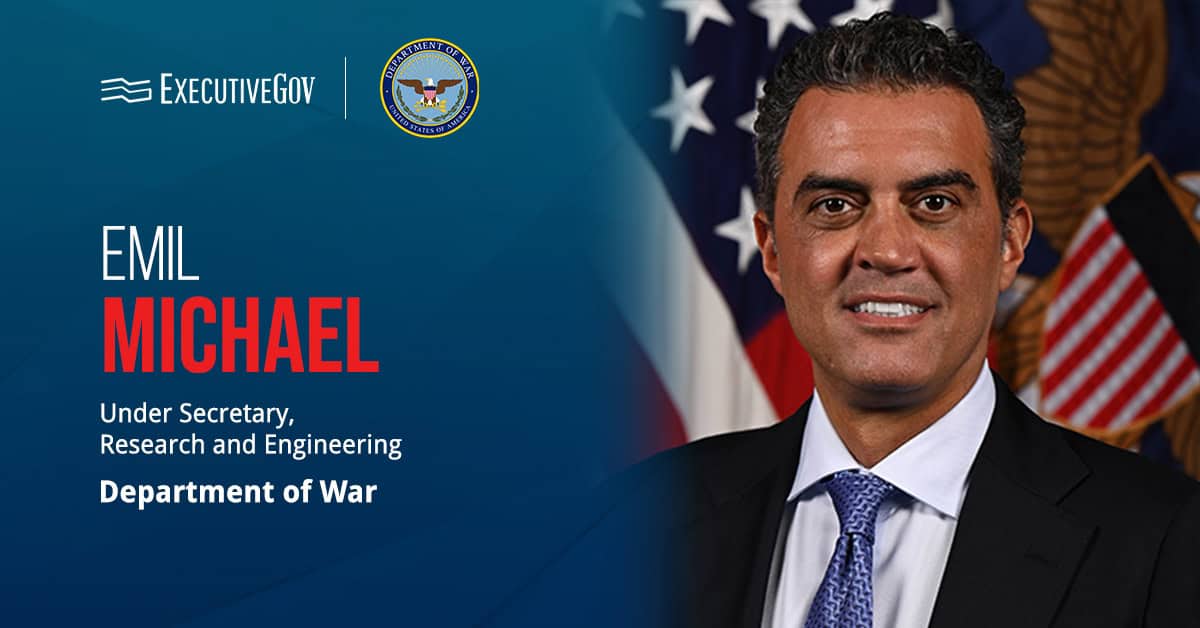The State Department has approved Spain’s request to procure more M982A1 Excalibur tactical projectiles and related equipment from the U.S. government under a potential $48.2 million foreign military sale deal.
Raytheon Technologies‘ missiles and defense business will be the principal contractor on the proposed sale, the Defense Security Cooperation Agency said Wednesday.
The Spanish government wants to buy 153 Excaliburs following the implementation of a $21.87 million initial FMS case for 118 tactical projectiles.
Other items in the follow-on request include portable electronic fire control and modular artillery charge systems, a platform integration kit and simple key loaders.
DSCA does not expect the possible deal to have an adverse impact on defense readiness efforts in the U.S.
Raytheon and BAE Systems‘ Bofor subsidiary co-developed the Excalibur munition.





